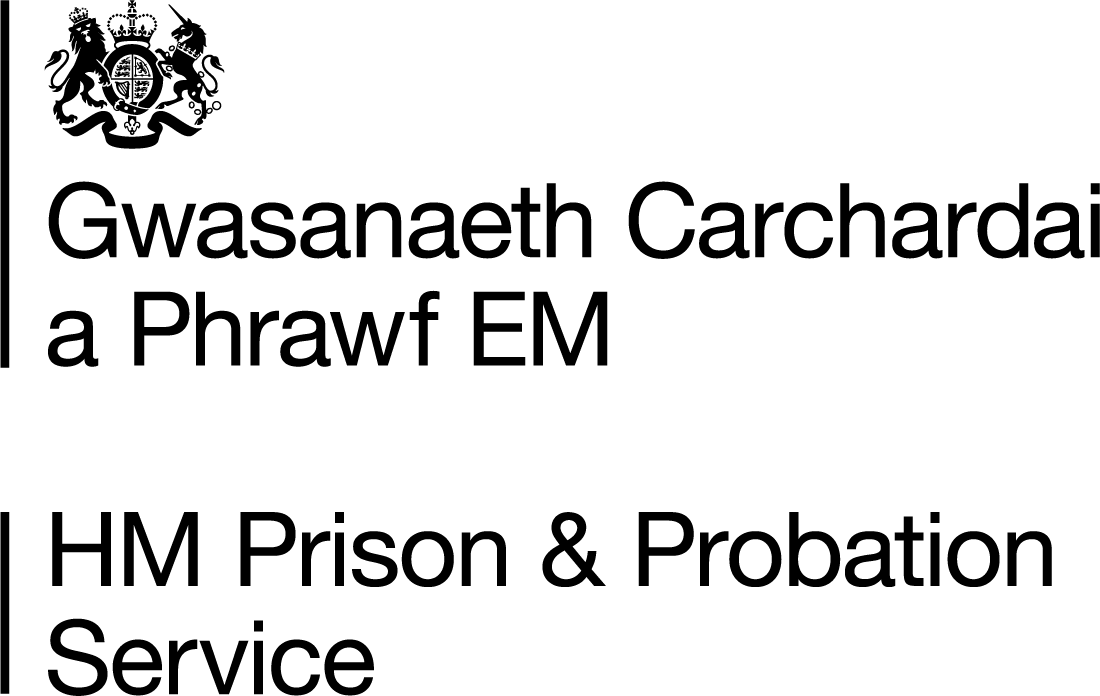- Computer Misuse Act 1990 (legislation.gov.uk)
- Simple overview of Computer Misuse Act
- Data Protection Act 2018 (legislation.gov.uk)
For more details on relevant offences and legislation, see Crown Prosecution Service Guidance on Cybercrime.

Hafan » Serious Violence & Organised Crime » Cyber Crime
Cyber crime is an umbrella term used to describe two linked, but distinct ranges of criminal activity.
The Government’s National Cyber Security Strategy defines these as:
Cyber dependent crimes – crimes that can be committed only through the use of Information and Communications Technology (‘ICT’) devices, where the devices are both the tool for committing the crime, and the target of the crime (e.g. developing and propagating malware for financial gain, hacking to steal, damage, distort or destroy data and/or network or activity).
Cyber enabled crimes – traditional crimes which can be increased in scale or reach by the use of computers, computer networks or other forms of ICT (such as cyber-enabled fraud and data theft).
Cyber crime is a global threat. Cyber criminals seek to exploit human or security vulnerabilities in order to steal passwords, data or money directly, on your home and mobile devices. According to the National Crime Agency, the most common cyber threats include:
Cyber Aware recommends that you improve your cyber security by taking six actions:
You may wish to consider IT security on all mobile devices including mobile phones and tablets. See useful links and resources below for more tips.
For more details on relevant offences and legislation, see Crown Prosecution Service Guidance on Cybercrime.
Professional skills and training
The #CyberChoices campaign encourages parents of young people with cyber skills to talk to them about their ambitions and the opportunities to use their skills positively.
UK Government – National Cyber Security Strategy 2016 to 2021.
For numerous resources to help stay safe online visit Cyber Aware, Get Safe Online or the National Cyber Security Centre.
For further advice on how to stay safe online visit Cyber Aware, Get Safe Online or the National Cyber Security Centre.
If you are a victim of cyber crime, please report it to Action Fraud, the UK’s fraud and cyber crime reporting centre.






